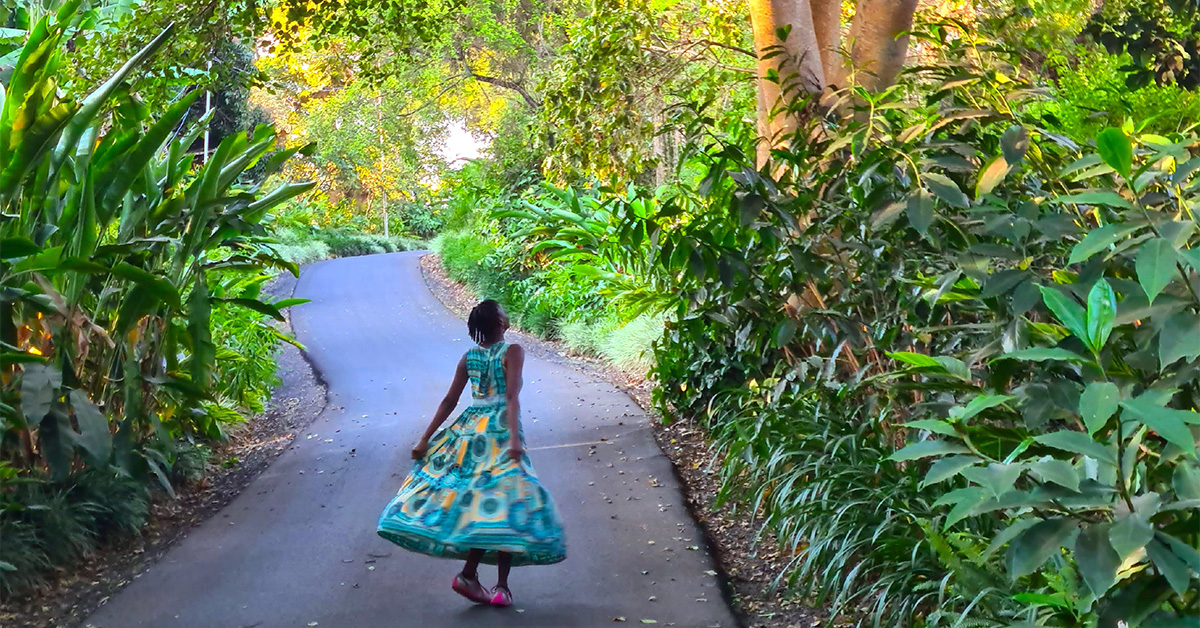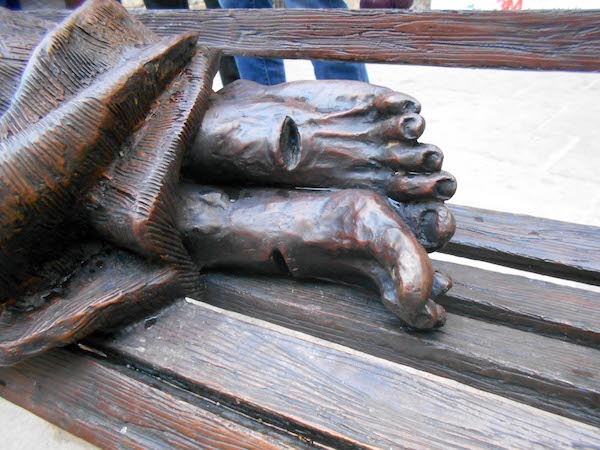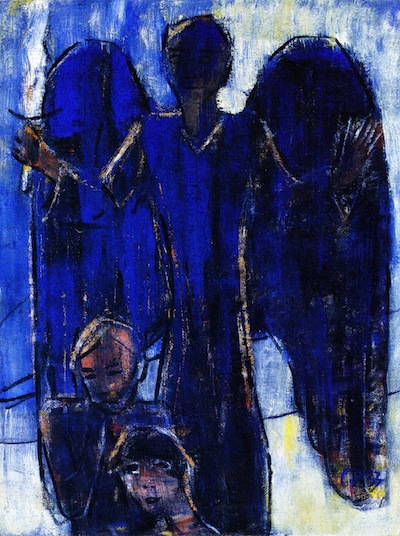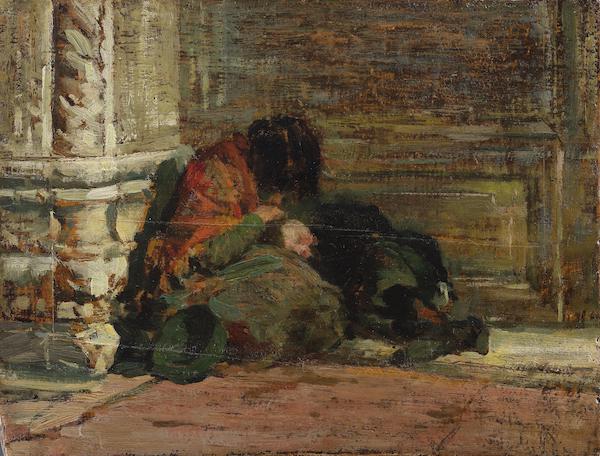

Todd Khupe is a Pastoral Worker at Christ Central Soweto (Johannesburg, South Africa) and a former manager of the “I Care” Centre for the rehabilitation of street children. His experiences are related in Kuyafana: Stories from the Street of Love, Faith and Hope (available on Amazon).


Where I grew up, home and food were at the centre of village life. No matter how far from home we had travelled, parents expected us to be back home by sunset. Under no circumstances would we sleep outside of the family household without our parents’ knowledge and approval. Our parents were very strict on whose food we ate. Strictly all our food came from our own household, if not from other relatives or a very trusted neighbour, but not from strangers.
In metropolitan Johannesburg where I now live, homelessness and lack of food are a normal lived reality. I came face to face with this reality 16 years ago. I was enrolled for part-time studies at a Bible College. A nearby church (which has since become my home), was looking for someone to serve in their ministry to homeless people in the local area. I was interviewed and offered the job which was “easy”: opening the church gates to the homeless at particular days and times of the week for them to shower and change their clothes. Together with some volunteers, we made lunch for them, engaged them in games, shared the gospel and prayed with them. Attendance progressively increased to numbers that became difficult to manage, especially considering lack of behavioural change from our homeless brothers. As a church, we had hoped to see them responding positively to the offer to place them in shelters, and to referrals to nearby soup kitchens for regular meals. To our dismay, they seemed to prefer life on the streets, and continuing to beg for food. They seemed not to need the services to which we referred them. We found this quite puzzling, but now understand in retrospect, that although we were providing a service to the needy from a place of love, we were missing their most basic need. We thought they primarily needed food and shelter, yet there was more to it.
On the basis that more than our stomachs long for the pleasure of food, our souls long for the presence of God, we moved our focus away from merely providing food and shelter. We focused on helping them start dealing with deeper heart issues involving different addictions. Firstly, we changed emphasis from providing food for the body to providing food for the soul. Secondly, we focused not on providing physical shelter as a solution to the dangers of living in the streets but eternal security and peace with Christ. Our new insight was that human cravings drive us away from God. In the case of the homeless this craving manifested not as craving for food or shelter, but for money to meet deeper cravings for drugs. As with all of us, their craving was not for “Someone” (God), but for “something” (idol). The worshipping of things, not God, amounts to idolatry. This misdirected craving is reflected in the first sin committed by humanity: “When the woman saw that the fruit of the tree was good for food and pleasing to the eye, and also desirable for gaining wisdom, she took some and ate it. She also gave some to her husband, who was with her, and he ate it” (Gen 3:6–7). From this Scripture we learn that the origin of sin was in humanity looking to things of this world to satisfy them apart from the Creator. These misplaced cravings drive most of our ungodly behaviours.

Over the years I have come to understand homelessness as not merely a problem of the individuals living in the streets, but as an expression of our sickness as a society. While the individuals living in the streets need rehabilitation, our society equally needs rehabilitation because it is what breeds homelessness. Such insights led to our church deciding not to focus on all kinds of people living in the streets in our local area but specifically on children from the age of eight to seventeen years old. The aim was to teach them about life from a biblical worldview, hoping they would be convinced that living in the streets was not God’s intention. God’s desire is for people to live in families. As a church, we needed collaboration to achieve this goal. By God’s providence we found a Christian rehabilitation centre for young children. We sent for rehabilitation only those children who were willing to leave the streets. It took six months for these children to graduate from the centre. Some of the children came to accept Christ as their saviour and committed to remain in a relationship with him. At graduation, these children were also very excited to be reunified with their families, go back to school and to live a new life.
Little did we and the children know that a great shock awaited us. As we started the process of reunifying the children with their families we were faced with another unwelcome insight. While some of the children might have had families, there was no home to go to. Some families would not accept their children back. They preferred that we, as a church, go out and find a shelter that could accommodate those children. This open rejection by some families was a great shock for both the children and us. We had yet another insight with regard to food and shelter issues. Homelessness doesn’t have its roots in poverty but in the hearts of people – their hearts, driven by their cravings, determine the nature of their relationships. A family may have both food and shelter, but no relationships. This insight also helped us to extend our ministry to not only seeking to rehabilitate individuals but also their families. After the children came back from the rehabilitation centre, we scheduled family reunification camps for family “therapy.” The therapy targeted dealing with cravings that break healthy family relationships. Walking the journey with the families helped us achieve our desired goals as we saw families beginning to embrace their former street children.
In this learning journey of dealing with misplaced cravings for things rather than God we were also confronted with an irony. For some of the former homeless children who had been rejected by their families and for whom we had to find shelter and schools, things took an unexpected turn when they eventually got jobs and their own accommodations. The same families that rejected their children would demand money from them. What was heart-breaking was that in cases where the “children” were willing to help, the money they gave to the families ended up funding diverse cravings of the wider family, giving rise to further breakdown of relationships. This takes us back to the main point of this paper: Our misdirected cravings for things rather than God are the root of societal evils, even when they may manifest as problems in individuals. Beyond the individual, the community needs heart transformation.

